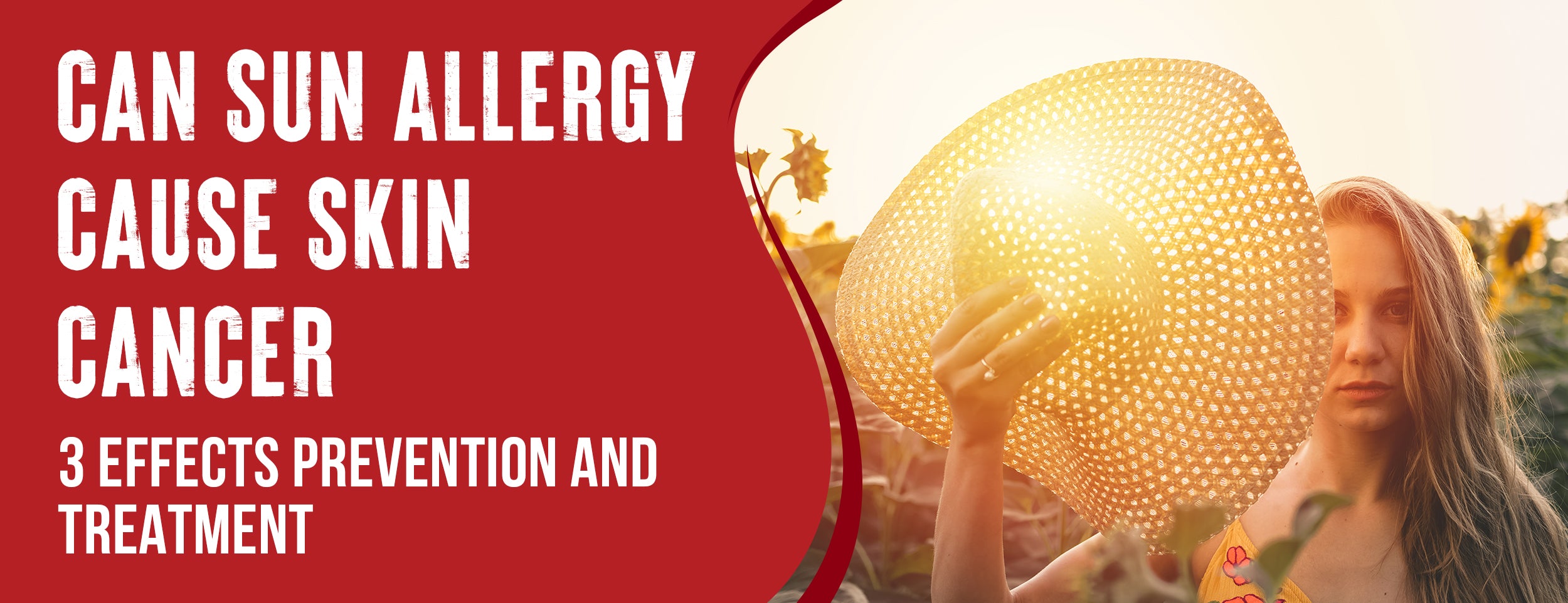Approximately 56% of American adults suffer from environmental allergies. Common causes involve pollutants such as pollen, dust, mold, and pet dander, yet these are not the sole allergens.
No, allergies do not cause a fever. They might trigger a fever indirectly if they result in a sinus infection. Fever can be caused by viral infections like the flu or common cold, which may present with allergy-like symptoms.
This blog post will discuss the basics of allergies and fever, histamine's role, the specifics of allergic reactions, management, and precautions.
The Takeways
- Allergic reactions occur when the immune system overly reacts to a harmless substance, the allergen.
- Common triggers of allergic reactions include pollen, food, insect bites, and medications.
- Symptoms of allergic reactions can range from sneezing and itchy or watery eyes to severe symptoms like anaphylaxis, calling for immediate medical help.
- Histamine, a chemical released by the body during an allergic reaction, can cause a rise in body temperature, resulting in a fever.
- Management of fever because of allergic reactions may include over-the-counter medications like antihistamines and reducers, rest and hydration, avoiding allergens, and seeking medical attention for severe symptoms.
- Allergen-avoidance strategies include creating an allergen-free environment, carrying emergency medication like an EpiPen for severe allergies, and regular health check-ups to monitor allergy symptoms and treatment effectiveness.
Can Allergic Reaction Cause Fever: An Overview

Allergic reactions are a common health concern many people face. Let's dive deeper into understanding what they are, their triggers, causes, and symptoms.
Triggers of Allergic Reactions
Several things can trigger an allergic reaction. Some of the most common ones include:
- Pollen: Pollen allergies, known as hay fever, are among the most common. While "fever" is part of its name, hay fever rarely causes an actual fever. In some severe cases, a fever might occur.
- Food: Food allergies can sometimes cause a fever, along with other symptoms like itching, swelling, and stomach issues. Food allergens include peanuts, tree nuts, shellfish, eggs, milk, and Fish, which can cause allergic reactions.
- Insect Bites: A sting from insects like bees, wasps, or fire ants can lead to an allergic reaction, which sometimes might cause a fever.
- Medicines: Some people may have allergic reactions to certain medications like penicillin that can cause a fever. This is rare but can be severe when it happens. It's essential to seek medical attention if you suspect you're having an allergic reaction to a medication.
- Pet Dander: Cats and dogs shed dander, which can cause allergies in some people.
Symptoms of Allergic Reactions
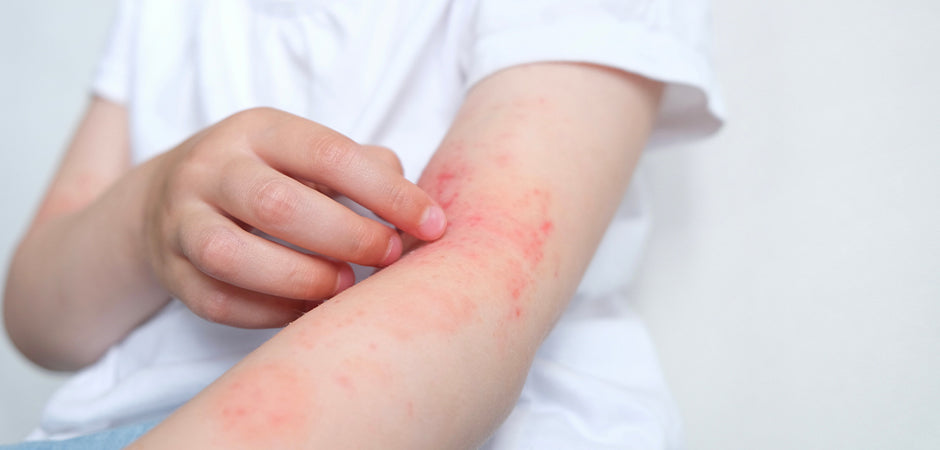
Symptoms of allergic reactions can differ based on the person and their allergy severity. The following symptoms are common:
- Sneezing and Runny Nose: Allergic reactions to pollen or pet dander are common.
- Itchy, Red, or Watery Eyes: This is another common symptom, especially for airborne allergens.
- Rash or Hives: These can happen when the body comes in contact with specific allergens.
- Swelling: Parts of the body might swell in response to an allergen, especially in severe reactions.
- Anaphylaxis: An allergic reaction can cause anaphylaxis, a dangerous situation that needs immediate medical help.
Knowing about allergic reactions is the first step toward dealing with them effectively.
Timing of Symptoms
The timing of your symptoms can also provide clues. If your fever and other symptoms occur shortly after exposure to a potential allergen, this might suggest an allergy-induced fever.
Duration of Fever:
Allergy-induced fevers rarely last very long. If your fever persists for more than a couple of days, it's likely because of something other than an allergic reaction.
Response to Antihistamines
Antihistamines are medications that treat allergy symptoms. A fever and other symptoms that improve after taking an antihistamine could show that an allergen was the cause.

How Allergic Reactions Can Lead to Fever: Histamine's Role?
Histamine is a chemical your body produces and has several vital roles. In allergies, it's a primary player in your body's immune response to an allergen. Histamine plays a crucial part in the possibility of fever. Let's explore how this happens.
Histamine's Mechanism Of Action In Allergies:
When your body encounters an allergen, your immune system sees it as a threat and triggers histamine release. This chemical then acts on different body parts to produce allergy symptoms. Here's a simple breakdown:
Step 1: Your body detects an allergen.
Step 2: Your immune system signals the release of histamine.
Step 3: Histamine acts on your eyes, nose, throat, skin, or gut, causing symptoms like itching, sneezing, and runny nose.
How Histamine Causes Fever
When released, histamine causes your blood vessels to expand. This expansion can lead to a rise in your body temperature, leading to a fever. Here's how it works:
Step 1: Histamine causes blood vessels to expand.
Step 2: This expansion leads to an increase in body temperature.
Step 3: The increased body temperature results in a fever.
Allergic Reactions For Fever: Management and Treatment
Fever can be effectively treated because of allergic reactions. Here, we'll discuss some ways to deal with such fevers and when to seek help from a healthcare professional.
Over-the-Counter Medications
An allergic reaction can cause symptoms, including fever, that can be managed with over-the-counter medications. These include:
- Antihistamines: These can help with allergy symptoms like itching and sneezing and may also help with fever.
- Fever reducers: Medicines like acetaminophen or ibuprofen can help lower your fever.
Rest and Hydration
Rest is crucial when you're dealing with a fever. It helps your body fight off whatever is causing the fever. Drinking fluids also helps by preventing dehydration, which can make symptoms worse.
Avoiding Allergens
Avoiding a fever from allergies is the best way to avoid the triggers causing the reaction. This might mean staying inside when pollen counts are high or avoiding certain foods or medicines.
Seeking Medical Attention
While the above strategies can help with mild symptoms and low fevers, sometimes you should seek medical attention. You should see a healthcare professional if:
- Your fever is very high or lasts more than a few days.
- You have severe allergy symptoms like trouble breathing or swallowing.
- You don't know what's causing your symptoms and need a diagnosis.

Strategies to Avoid Allergen Exposure and Fever: 3 Precautions
The best way to avoid an allergic reaction and subsequent fever. Here are some practical suggestions to help you stay clear of allergens.
Provide an allergen-free environment
Once you know your triggers, you can reduce your exposure to these allergens. For example:
- For pollen allergies, Keep windows closed during pollen season, especially on high-pollen days, and use air conditioning in your home and car.
- For dust mite allergies: Use dust-proof covers on your mattress and pillows. Wash bedding regularly in hot water.
Carry Emergency Medication
For severe allergies, always carry an epinephrine auto-injector (like an EpiPen) - a lifesaver in anaphylaxis, a dangerous allergic reaction causing symptoms such as breathing issues, low blood pressure, hives, and throat/face swelling.
Administering epinephrine through the EpiPen promptly can reverse anaphylaxis effects, buying time for medical help. Preparing and correctly using your EpiPen is crucial for managing severe allergic reactions.
Regular Check-ups:

A regular checkup with your healthcare provider is essential to managing your allergies effectively. These routine appointments enable the monitoring of your allergy symptoms, assessment of treatment effectiveness, and modifications as necessary to ensure you are receiving the most suitable care to ease your allergy-related concerns.
Conclusion:
Here we are! We've navigated the complex realm of allergies and fevers, shedding light on some of the most baffling aspects. Although allergic reactions seldom induce fevers directly, specific biological mechanisms and accompanying conditions such as infections can increase body temperature.
Remember, everyone's body is unique, and reactions can vary. Therefore, it's essential to consult with your healthcare professional if you notice unusual symptoms.
As we conclude, grasping the connection between allergies and fever is vital to managing your well-being effectively. Keep an eye out for further health insights, and always remember that knowledge is the shield you wield in the quest for wellness.













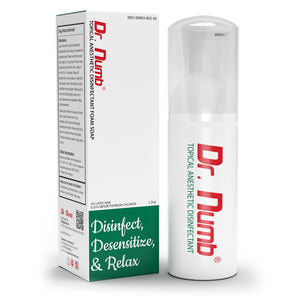

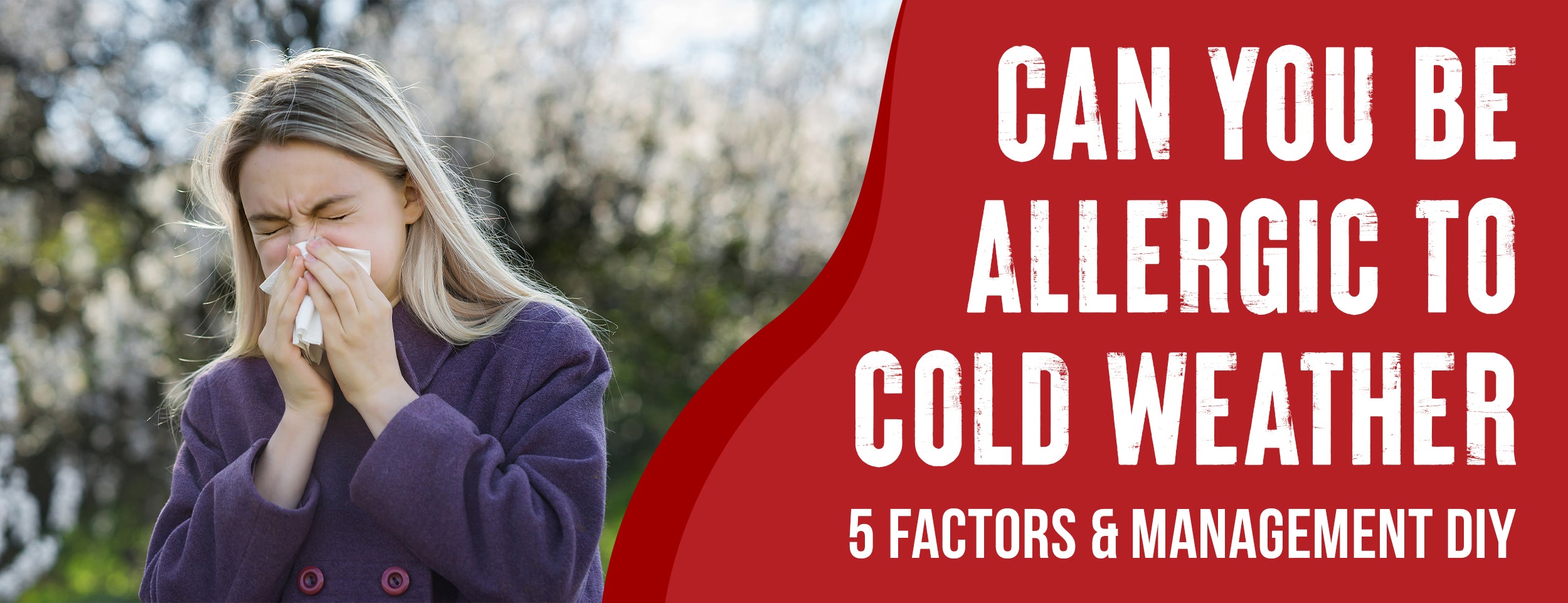
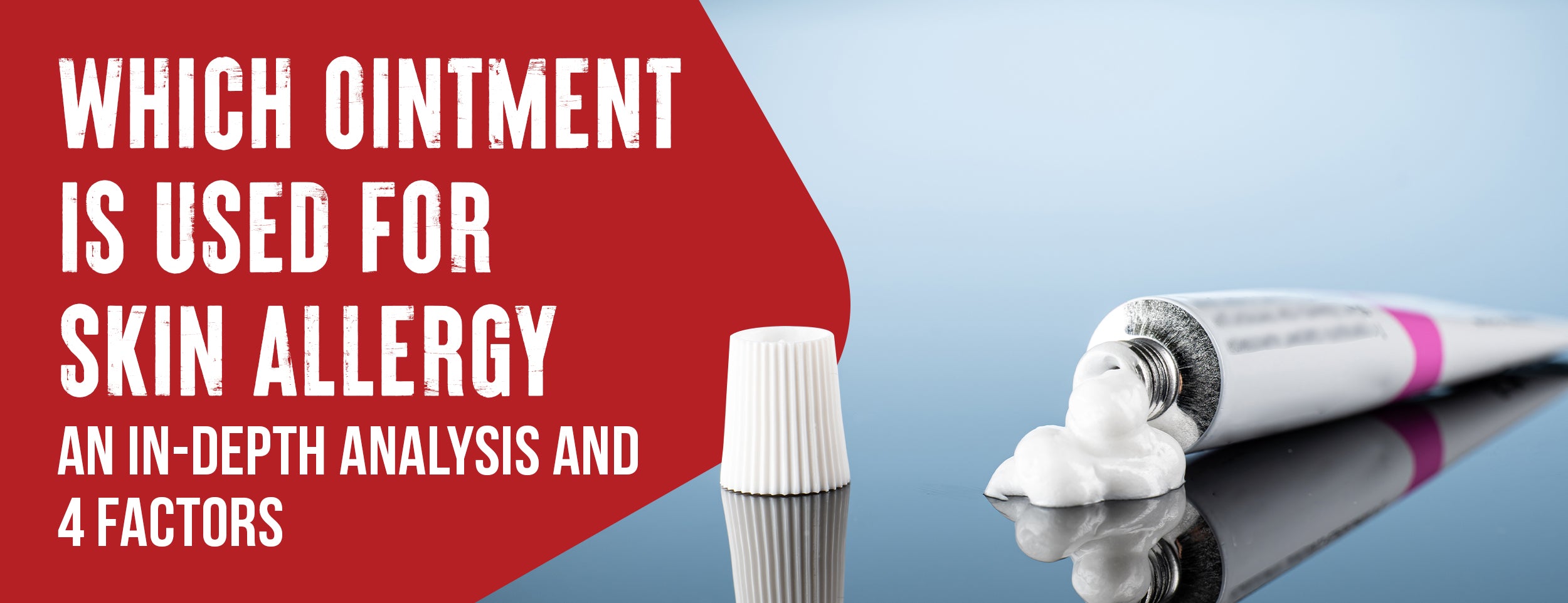
![The Most Common Food Allergies That Cause Itchy Skin [6 Common Symptoms]](http://drnumb.com/cdn/shop/articles/Can_Food_Allergies_Cause_Itchy_Skin__17_Listed_6_Symptoms_Common.jpg?v=1714999986)
